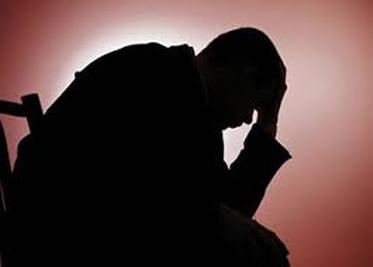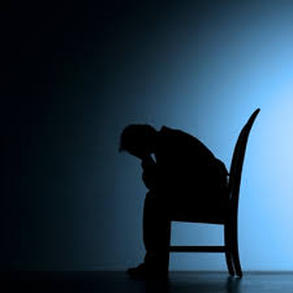Help
The National Institute of Mental Health describes depression as sad or blue feelings that interfere with daily life that causes pain for you, as well as those that care about you. Depression is extremely common, but a serious illness. Several people that suffer from depression never seek treatment. There is still a stigma concerning mental health counseling/therapy in different communities. There are many treatments for depression such as psychotherapy, medications, as well as other forms of treatment. There are several different forms of depression. The first form of depression is Persistent Depressive Disorder is a depressed mood that lasts for about 2 years. This type of depression consists of major depressive episodes, with less severe depressive episodes present. There are other forms of depression that are caused by life events such as pregnancy. This is described as Postpartum Depression. This is much more severe than “baby blues”, an adjustment to motherhood that can cause a fluctuation in responsibility as well as hormonal changes. Postpartum Depression can endanger the safety of the mother, as well as the newborn baby. It is estimated that 10-15 percent of women suffer from postpartum depression after giving birth. The next form of depression is Psychotic Depression, which occurs when a person has severe depression along with psychosis. This is described as having false beliefs or a break in reality (delusions) that causes one to hear and see things that others can’t. There is also a form of depression called Seasonal Affective Disorder or (SAD). This is described as a depressive mood during the winter months when natural light is less present. This can generally be treated with light therapy or antidepressant treatment and generally subsides during the summertime. Bipolar Disorder is a form of manic depressive illness. This is a less common form of depression that consists of cycling moods of extreme highs/mania and extreme lows/depression. Depression can be hereditary and is also caused by a combination of environmental, psychological and biological factors. Depression is something that many people hide. They also hide that fact that it causes thoughts of suicide. Many people can get overwhelmed with traumatic life events such as diagnosis of a terminal illness, sudden death of a loved one, violent assault or natural disaster. Many people try to temporarily numb the effects of depression with drugs and alcohol instead of getting treatment. Unfortunately, some people cannot rationally find a solution for their mood other than suicide. The sense of hopelessness becomes so overwhelming that they just want to end it all. This does not mean that a person is weak; it just means that they need help and they want the pain of their life to stop. On the wake of the death of actor/comedian Robin Williams we understand that depression and suicide does not discriminate. These things don’t care about race, socioeconomic status, gender, or religion. If you are suffering from any of the symptoms described, please seek help. You are not alone. There are many people that suffer from depression and had thoughts of suicide but are afraid or embarrassed to talk about it. They hide behind the computer screen and often say they are ok, but they suffer in silence and try to manage life on their own. Do not be fooled by the smile! You would be very shocked to know that many of the people around you are suffering from depression and have had thoughts of suicide at some point in their lives. Don't ignore the signs. Sometimes we need help to sort things out! If you cannot talk to anybody that you know, you may call the National Suicide Prevention Hotline-1-800-273-8255. R.I.P. Robin Williams, your pain is over!



